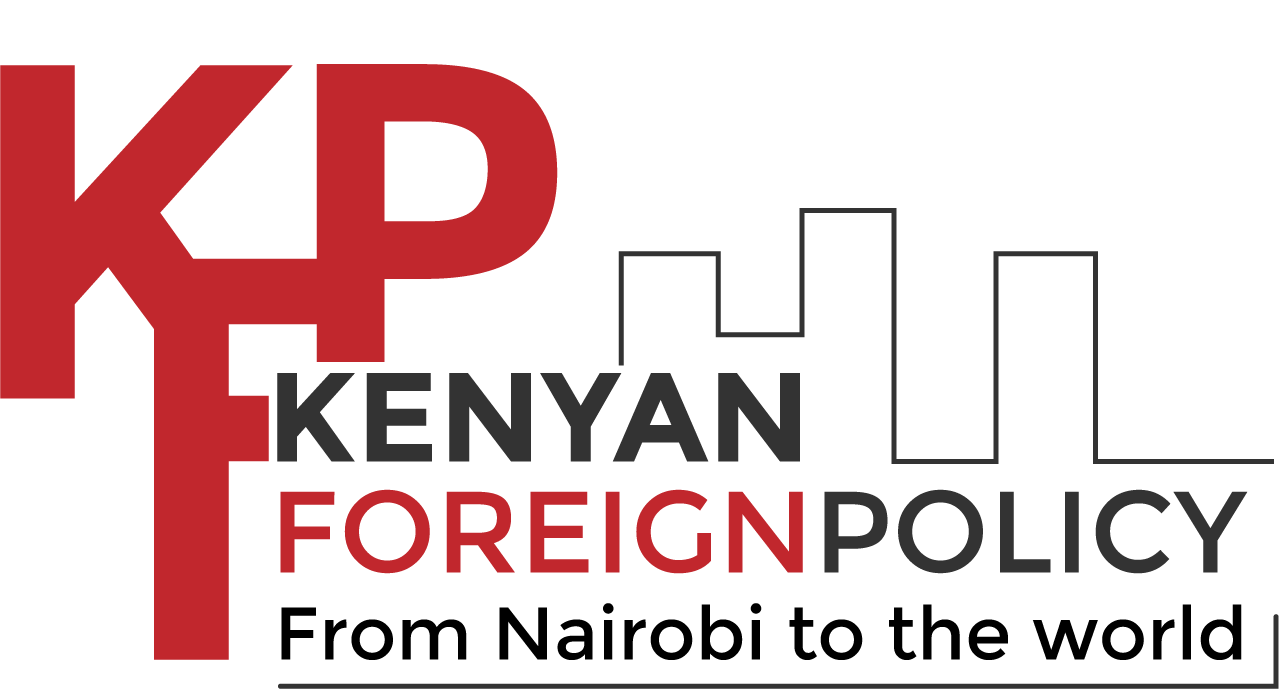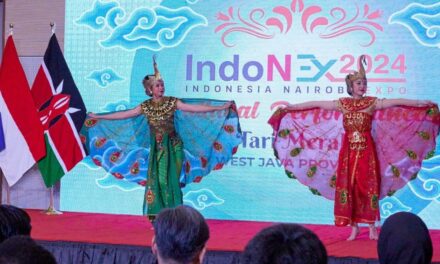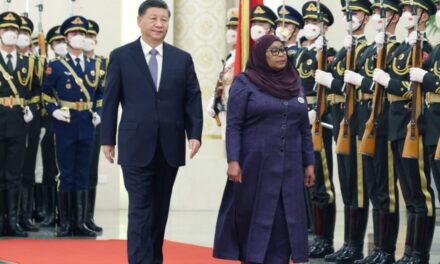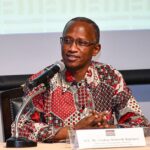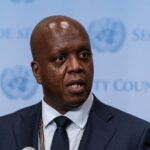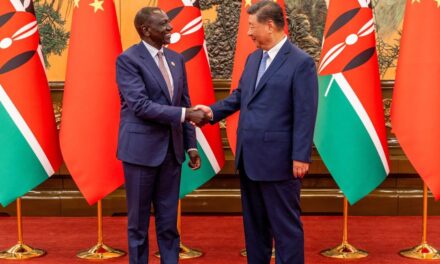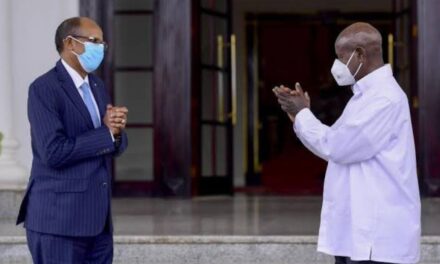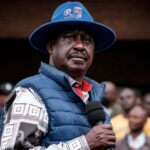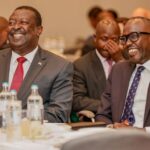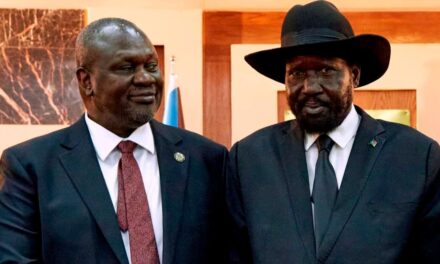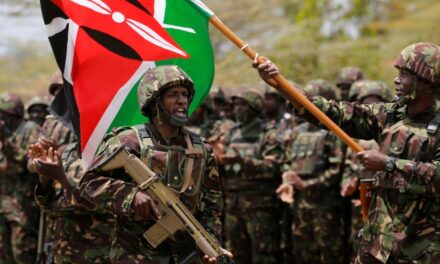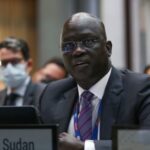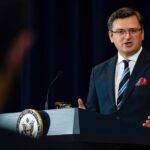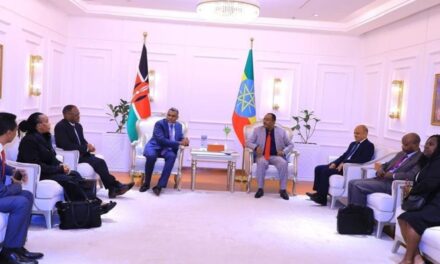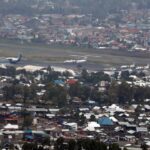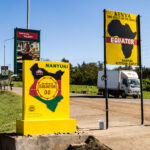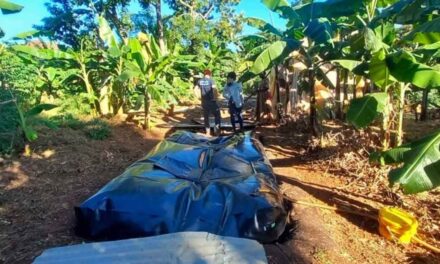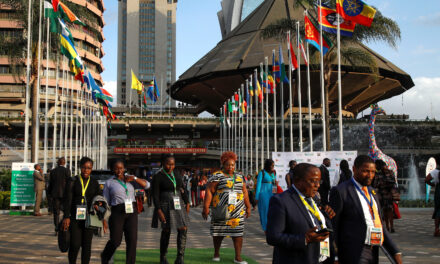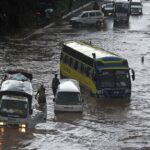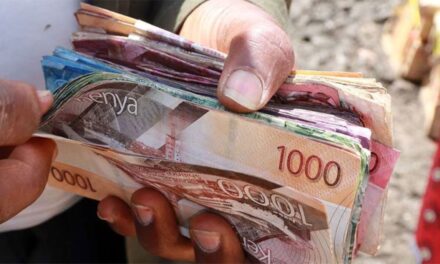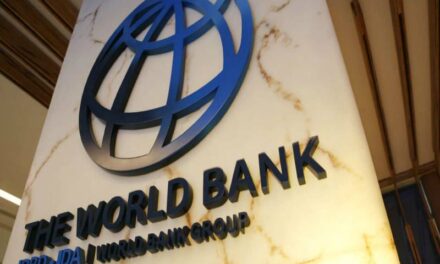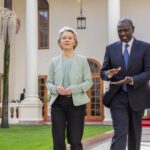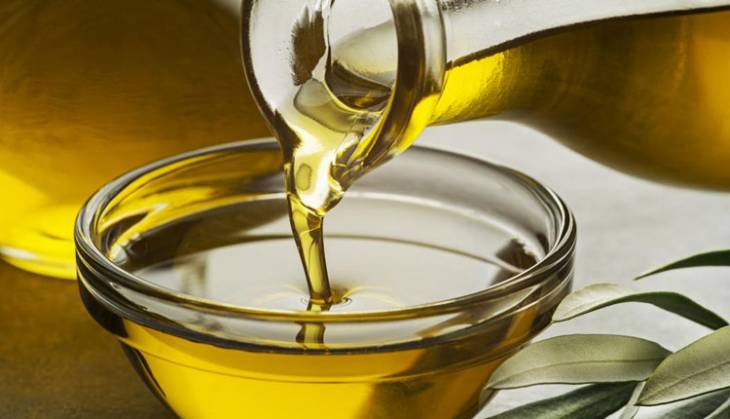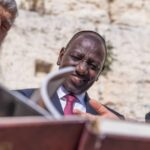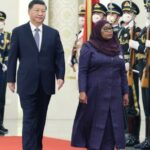

African Economies Turn to AsiaExpo 2024 in Russia to Strengthen Strategic Ties with Moscow
| September 13, 2024

President Vladimir Putin alongside African leaders delegates at the second Russia-Africa summit in Saint Petersburg, July 2023. Photo: Handout
African economies are turning their attention to ASIAEXPO 2024 in Russia as they seek to strengthen ties with Moscow and explore new opportunities in agriculture.
Kenya is among the nations looking to leverage this event to benefit from advanced agricultural technologies showcased at the global agribusiness exhibition set to bring together international economies next month.
ASIAEXPO 2024 is positioned as a key platform for integrating international cooperation in the agricultural sector amidst a global market shift.
The event will host countries heavily dependent on agriculture as a means of economic growth.
Igor Milovanov, Chief Executive Officer of ASIAEXPO, emphasized the potential for collaboration between Russia and African countries across various agricultural sectors.
“The exhibition will be a platform for African countries to get new methods of boosting food production in their countries because most are reliant on agriculture for sustainability,” he told KFP in an online interview on Wednesday.
Agricultural companies from Russia and other Asian nations will showcase the latest innovations in dairy, poultry, horticulture, and fertilizer production.
Milovanov noted, “As a platform for integrators of international cooperation in the agricultural sector in the context of global reorientation of markets, there will be an International Agricultural Congress and exhibition with up to more than 10,000 participants.”
He added that the exhibition would feature more than 350 exhibitors from different sectors, offering a forum for business and idea exchange.
This will enable participants to enter six global markets and gain direct access to manufacturers without intermediaries.
Up to 10 African countries will send delegations to the event, including Gabon, Cameroon, South Africa, Kenya, Tanzania, Ethiopia, Nigeria, Cape Verde, and Mali.
“Another goal of the exhibition is to show African business promising areas of cooperation in agricultural industries that could contribute to economic development and improve living conditions on the continent.
The Russian participants will be happy to share their experience and speak about the success stories that their projects have had in the international space,” Milovanov added.
ASIAEXPO 2024 will take place from October 23 to 25 at the Sirius University of Science and Technology.
The event will feature presentations by experts from the agro-industrial sectors of Russia, Asia, Africa, and the Middle East, providing an opportunity for the exchange of best practices and discussions on industry trends and challenges at the highest level.
Roll Stephane Ngomat, Chairperson of the African Peace and Security Union (APSU), an official partner of ASIAEXPO 2024, stressed the importance of self-reliance through agriculture for Africa.
“A prosperous Africa based on inclusive growth and sustainable development is possible through a radical transformation of African agriculture to enable the continent to feed itself and be a major player as a net food exporter,” Ngomat stated.
He further emphasized that achieving food self-sufficiency is crucial for peace and stability on the continent.
Ngomat urged African governments to establish win-win cooperation frameworks with Russia across various areas, including trade, agriculture, food security, training, skills transfer, and the sharing of science, technology, and innovation.
The event comes as Moscow seeks to deepen its influence in Africa.
Earlier this year, Russia, led by Vladimir Putin, announced it had shipped 200,000 tonnes of free grain to six African countries—50,000 tonnes each to Somalia and the Central African Republic, and 25,000 tonnes each to Mali, Burkina Faso, Zimbabwe, and Eritrea.
This followed a promise made by Putin at a summit with African leaders after Russia withdrew from the Black Sea grain initiative, which had previously allowed Ukraine to export grain despite the ongoing conflict.
The Black Sea grain initiative had helped reduce global market prices, but Putin argued that the deal was not effectively delivering supplies to the countries most in need.
Your support empowers us to deliver quality global journalism. Whether big or small, every contribution is valuable to our mission and readers.
